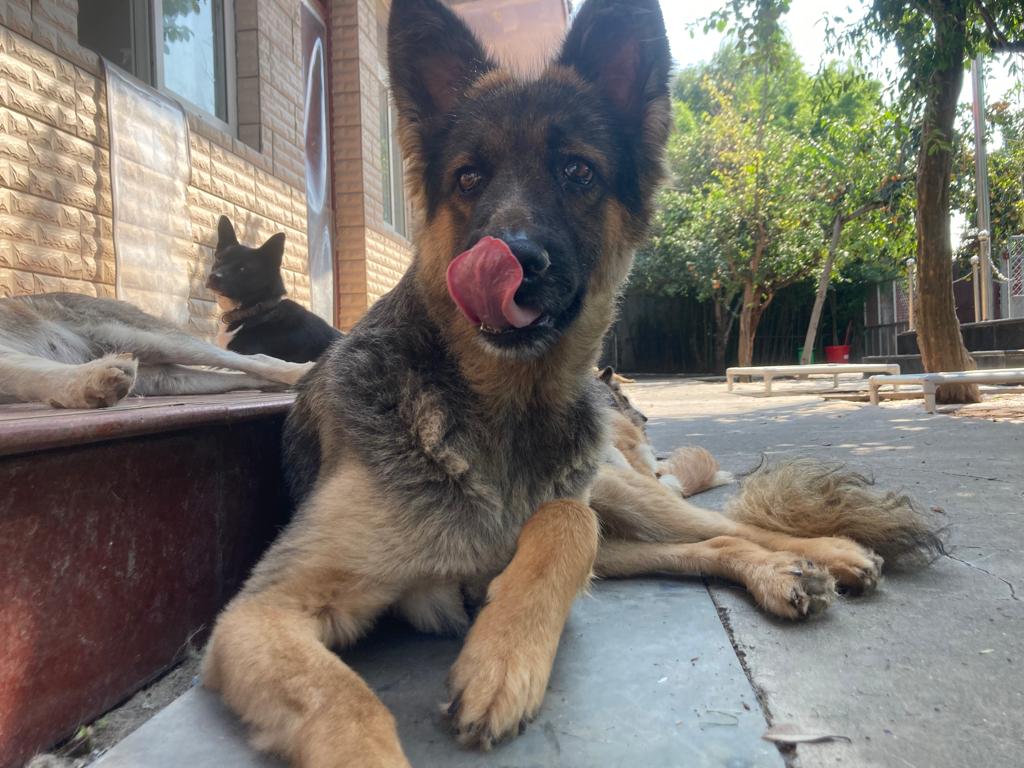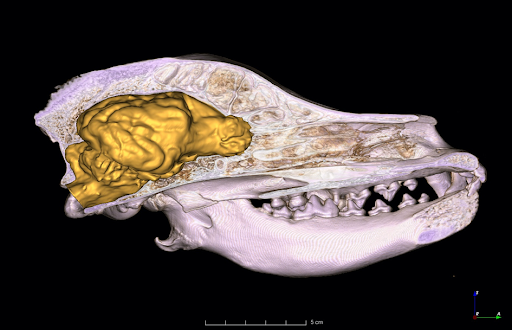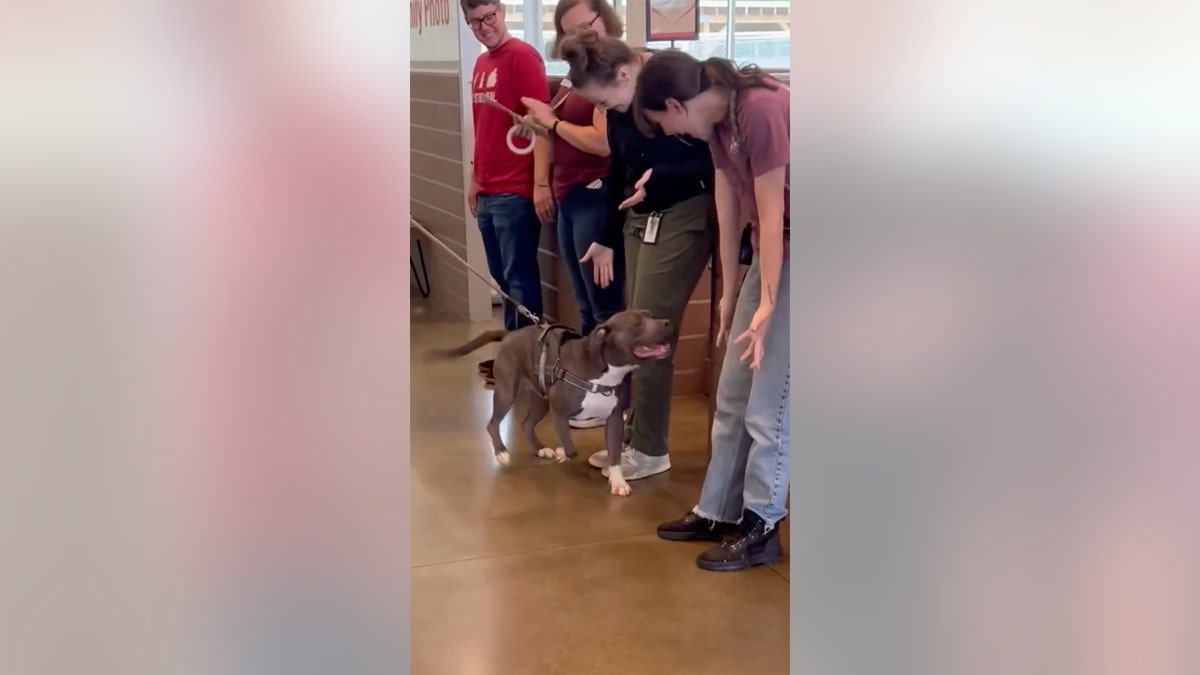Climate change, COVID loom over Alaska’s 50th annual Iditarod Sled Dog Race

ANCHORAGE, Alaska, March 5 (Reuters) – Forty-nine mushers and their groups of huskies were being due to depart Alaska’s biggest metropolis on Saturday for the 50th annual working of the Iditarod Trail Sled Puppy Race, an function dramatically altered by climate change and commercialism because its humble beginnings.
The starting gate has been returned to downtown Anchorage, a calendar year immediately after the COVID-19 pandemic prompted organizers to launch the 2021 race from a secluded riverside place north of the metropolis and off restrictions to the standard crowds of spectators.
But contestants will face unusually heat and sloppy situations for the first working day of the operate, with latest bouts of rain and temperatures as high as the mid-40s eroding snow on the original extend of the path.
Sign up now for Absolutely free unrestricted obtain to Reuters.com
Fortuitously for the mushers and pet teams extra accustomed to crisp, chilly weather conditions, the 11-mile (17.7-km) Anchorage portion of the race is merely ceremonial, with timed competition beginning on Sunday, giving contestants a likelihood to modify to situations.
Even though the general path has been restored to its regular 1,000-mile (1,600-km) distance from Anchorage to the Bering Sea gold-hurry town of Nome soon after a COVID-forced shortening of the study course past 12 months, a number of pandemic limits keep on being in outcome.
Mushers, volunteers and admirers who gathered for this year’s renewal of Iditarod festivities in Anchorage had been instructed to mask up and choose other safeguards to avoid the unfold of the continue to-lingering virus.
The pandemic also compelled a single past-minute change. Nic Petit, a major musher, had to pull out of the race following screening good for COVID-19. Four-time champion Jeff King, who experienced prepared to sit out this year’s contest, then stepped in to generate Petit’s doggy crew to Nome.
Other returning winners are Dallas Seavey, who claimed a report-tying fifth victory past yr, and his father, Mitch Seavey, a three-time champion who retains the Iditarod velocity document of 8 times, 3 hours and 40:13 minutes.
The industry also consists of Pete Kaiser, who in 2019 turned the 1st Native Yup’ik musher to get the race, 2018 champion Joar Leifseth Ulsom of Norway, and 4-time winner Martin Buser. Seventeen females are competing in this year’s Iditarod, one particular of the world’s several superior-profile sporting activities situations in which women and guys compete on an equal footing.
HUMBLE BEGINNINGS
A fifty percent century immediately after it was initial operate in 1973, the Iditarod has come a lengthy way from its start as a very low-spending budget, novelty occasion that drew a area of all-amateur mushers for a race that took the winner 20 days to comprehensive.
Presently, leading Iditarod contestants are pros with superior-tech gear bearing sponsors’ logos. Groups are tracked by worldwide positioning satellite, and stay protection is beamed around the globe to audiences by means of web streaming products and services. Winners ordinarily attain the finish line in just 9 times.
The present day race also draws in main corporate backing, even though some companies have been pressured in latest years to fall their guidance by animal rights activists who condemn the marathon as cruel to the canines.
Local weather change has wrought some of the finest variations in the world’s most well known sled-pet race, as it has for a great deal of existence in the significantly north.
3 occasions, most recently in 2017, unseasonably heat conditions compelled the Iditarod to go its day-two restart – pursuing the ceremonial Anchorage launch – much farther north, to Fairbanks.
In 2020, flooding swamped the ultra-thin Bering Sea ice that groups experienced to skirt around the end of the race. 3 racers and their puppies had to be rescued from the coastal site only 25 miles (40 km) from the Nome complete line. Contestants who followed had to be rerouted farther inland to keep away from standing drinking water.
The study course, however jogging at total duration again this calendar year, has nonetheless been altered somewhat, with checkpoints relocated to reduce call with Native Alaska villages that continue being vigilant versus renewed coronavirus outbreaks due to the fact of scarce healthcare means.
Organizers say these kinds of precautions are fitting for an yearly race that honors a famed doggy-sled relay run nearly a century back to produce diphtheria serum to Nome in 1925.
Sign up now for Absolutely free unlimited accessibility to Reuters.com
Reporting by Yereth Rosen in Anchorage Creating by Steve Gorman modifying by Richard Pullin
Our Standards: The Thomson Reuters Believe in Rules.





